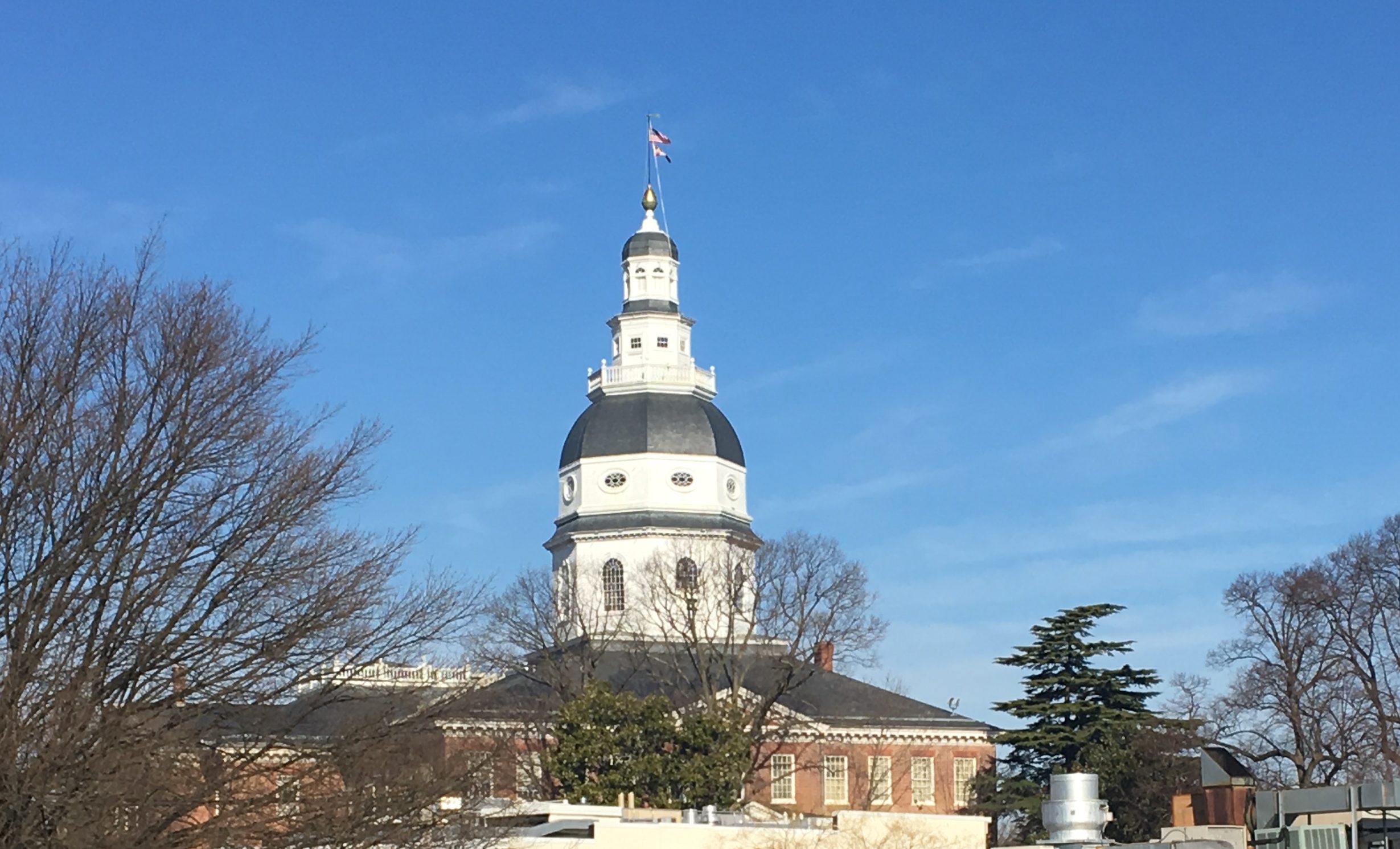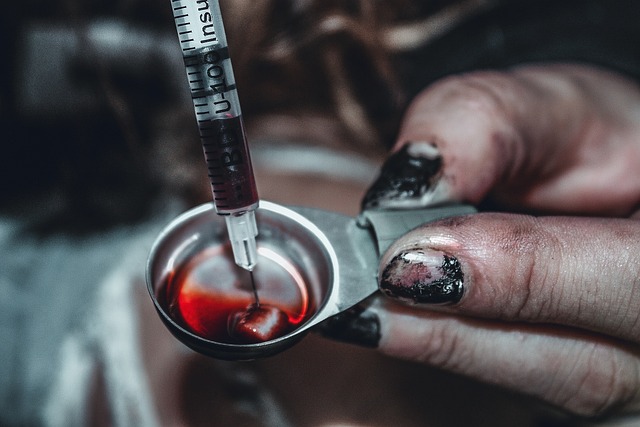Wider access to overdose-reversing drug could ease deadly toll of opioid crisis, experts say
An FDA panel last month approved over-the-counter use of the nasal spray naloxone – commercially branded as Narcan – and it could be available at stores and online retailers by late summer.
“Having these types of treatments is important for people that are not able or ready to stop using drugs,” Eric Weintraub, who heads the addiction research and treatment division at the University of Maryland School of Medicine, told Capital News Service. “It’s basically keeping people alive.”
Over-the-counter access to Narcan will help Marylanders who face a drug supply that is increasingly dangerous and lethal, Weintraub said.
Fentanyl was involved in 81.4 percent of all fatal overdoses in Maryland from November 2021 to November 2022, according to the state’s Opioid Operational Command Center.
The national number of deaths involving synthetic opioids – primarily fentanyl – has also been rising, with opioid overdoses claiming more than 70,000 lives nationwide in 2021. That death toll has increased 97-fold since 1999, according to the U.S. Department of Health and Human Services.
Before the FDA approval, some state laws and standing orders allowed people to get naloxone without a prescription at a pharmacy. Various advocacy groups and government agencies have also distributed the spray for free in dozens of states.
Wednesday’s decision addresses the “dire public health need” of the opioid epidemic and improves access to life-saving treatment, FDA Commissioner Dr. Robert Califf said in a statement.
Naloxone’s approval is the latest initiative that Maryland health officials say could help curb the state’s opioid crisis.
Multiple bills in the Maryland General Assembly this legislative session look to improve fentanyl testing and increase penalties for distributing fentanyl-like substances. Manufacturing, selling, or distributing fentanyl in the state currently carries a $20,000 fine and 20 years of prison.
Maryland has “always been a leader” in helping people struggling with substance use disorders, Weintraub said.
But he added that naloxone’s approval sends a loud message supporting harm reduction strategies, which look to meet people who use drugs “where they’re at” when mitigating overdoses, according to the National Harm Reduction Coalition.
Since 2017, Maryland residents have been able to get naloxone without an additional prescription from pharmacies.
But overdose response programs, which often distribute the life-saving drug for free, need a sign-off from a medical prescriber or must provide training before administering naloxone, according to Zach Kosinski, a harm reduction director with the Behavioral Health System Baltimore.
Offering over-the-counter treatment could “change the game” for how response programs provide access to naloxone in Maryland, Kosinski added.
The Maryland Department of Health will share additional information about the availability of over-the-counter naloxone in Maryland as more details are finalized, according to Michael Coury, a spokesperson for the Opioid Operational Command Center.
Improved naloxone access could also help reduce stigma around substance use disorders in the state, Kosinski said. A person may be more willing to get naloxone at a grocery store or gas station than through an overdose response program because it affords them more privacy, he added.
“On the flip side, there’s no requirement that places that now will legally be able to sell it over the counter actually will, so stigma could also contribute to retailers not carrying it,” Kosinski said. “People who use drugs are already shopping at all of these establishments in every way that anyone who’s not using drugs is, and all this would do is make those stores a safer place.”
In a statement Wednesday, Robert Kramer, the CEO of the Gaithersburg-based company that manufactures Narcan, Emergent BioSolutions, also emphasized the need for community collaboration in setting up widespread naloxone access.
“With leaders across government, retail and advocacy groups, we must work together to continue increasing access and availability, as well as educate the public on the risks of opioid overdoses,” Kramer said.

Capital News Service is a student-powered news organization run by the University of Maryland Philip Merrill College of Journalism. With bureaus in Annapolis and Washington run by professional journalists with decades of experience, they deliver news in multiple formats via partner news organizations and a destination Website.

